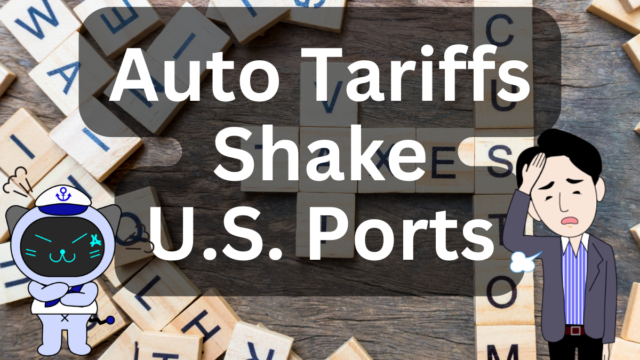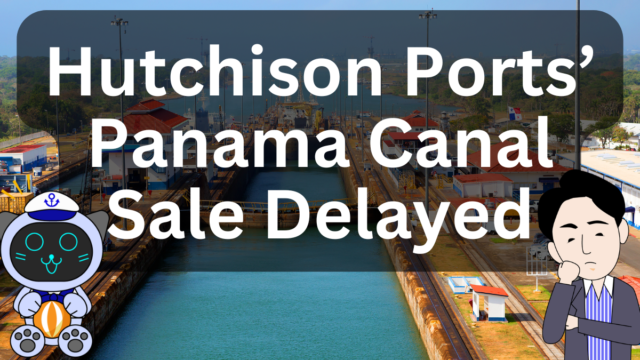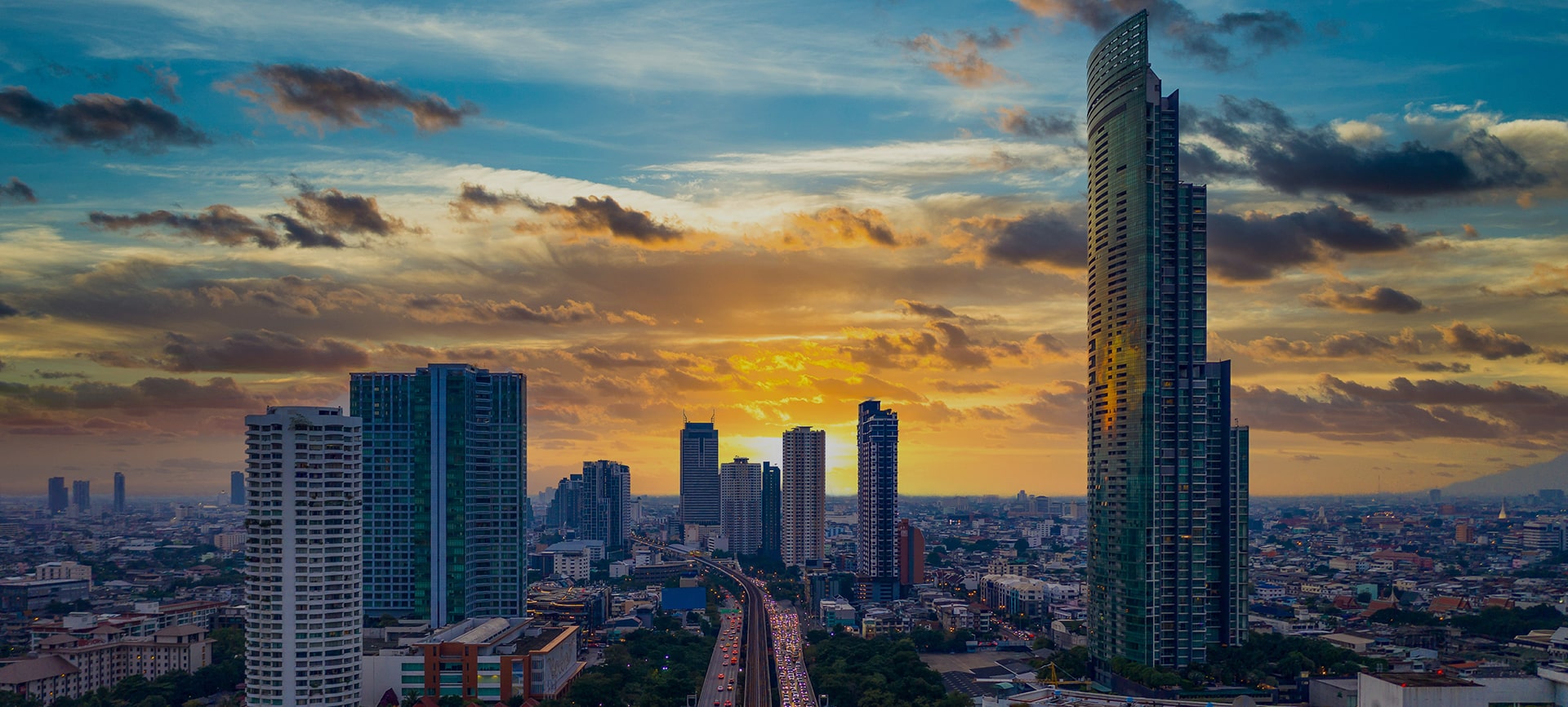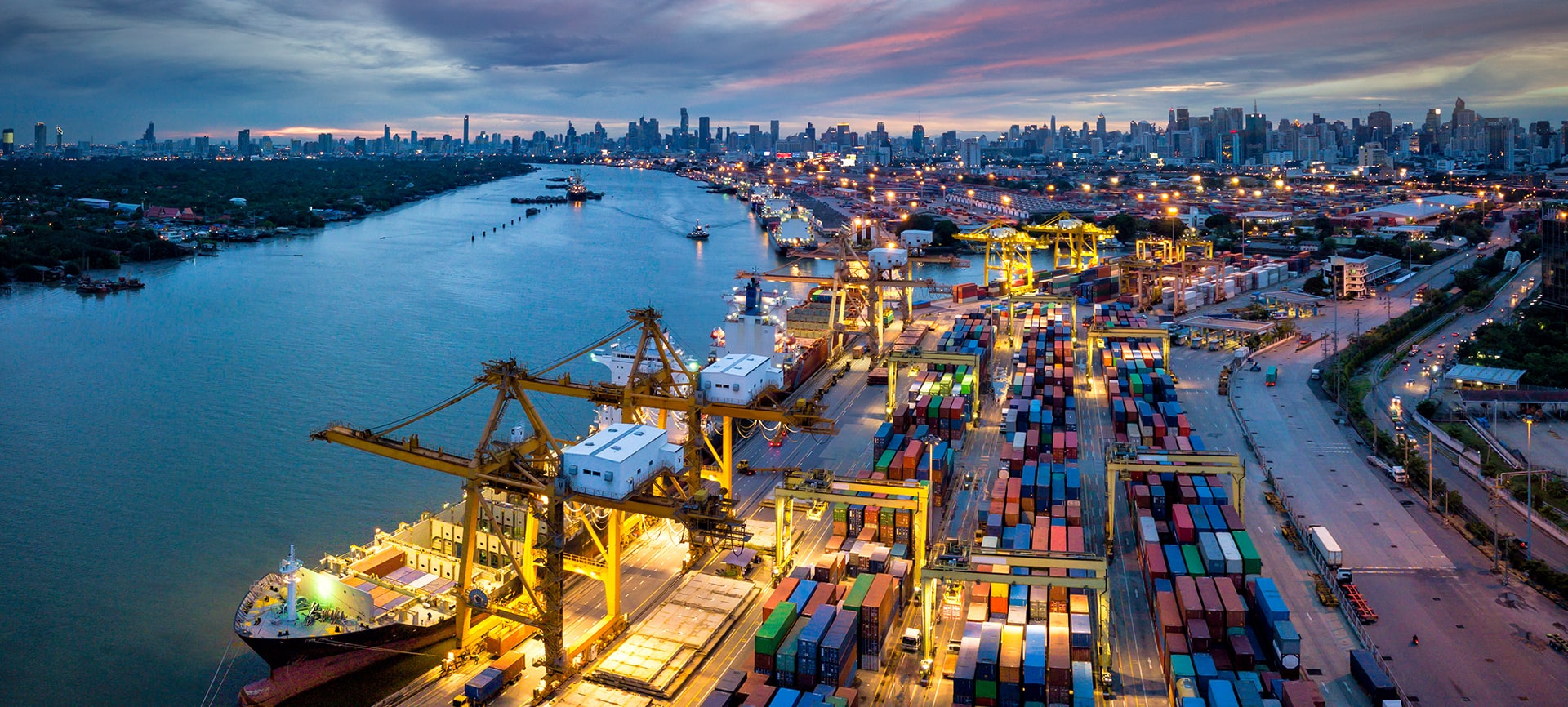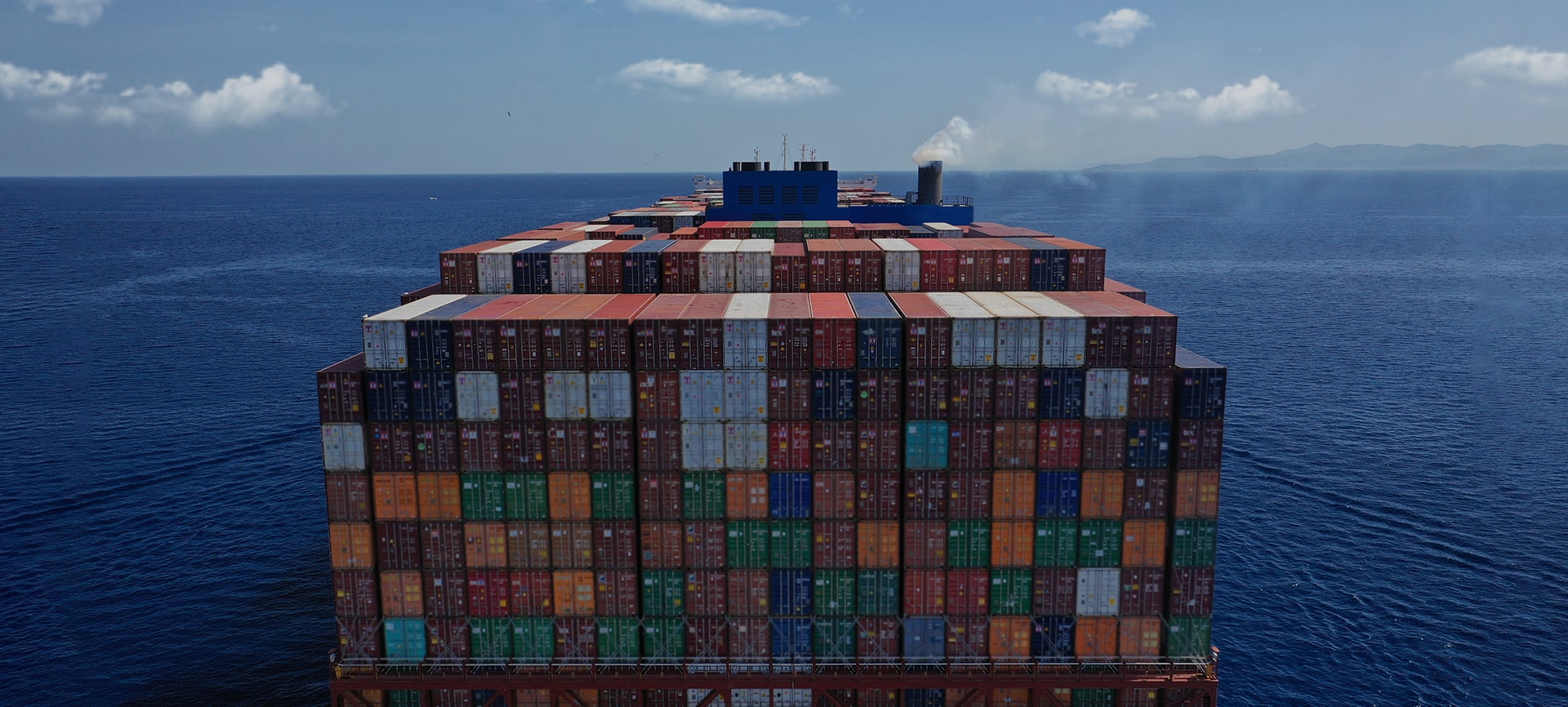Posted on: April 8, 2025 / Last updated: April 8, 2025
Trump’s Reciprocal Tariffs and the Future of Supply Chains: A Logistics Perspective
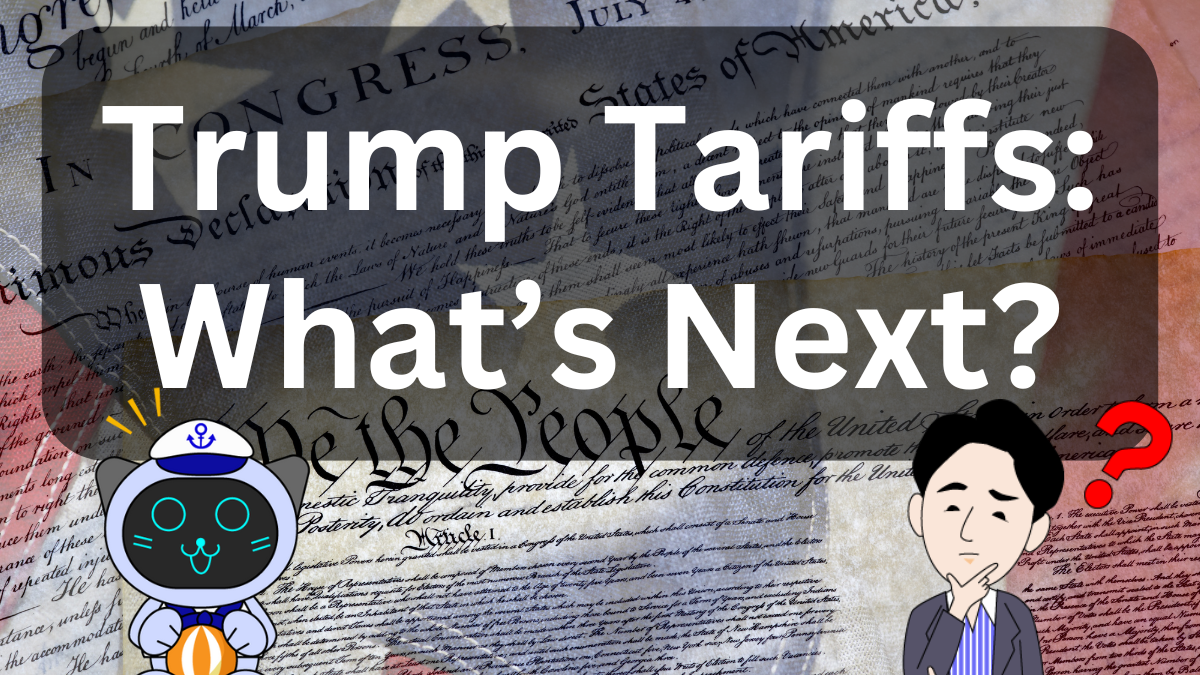
Today, I’d like to share some personal insights from the logistics field about the hot topic of Trump’s reciprocal tariff policy.
CONTENTS
Uncertainty Still Reigns
To be honest, no one really knows what’s going to happen yet. There hasn’t been any noticeable shift in cargo volume so far, and the logistics industry remains in a state of watchful waiting.
However, exports from China to the U.S. are expected to be heavily affected. With existing 20% tariffs and an additional 34% proposed, total tariffs could reach 54%. A “50% price hike” will surely reduce exports—that’s the feeling on the ground.
Supply Chains Don’t Move Overnight
It’s not easy to switch to other countries for sourcing. For example, U.S. factories rely on specific parts that need time-consuming adaptation and restructuring to source elsewhere. Changing supply chains takes time and investment.
How Will It Impact the U.S. Economy?
The tariff policy is already having domestic effects, including rising inflation and public protests. Yet, there’s no clear sign of policy reversal. Many companies find it hard to pass on costs to consumers. For example, Suntory’s CEO noted that raising whisky prices immediately is not realistic, even with increased tariffs. That means many businesses are absorbing the cost, affecting their profits and stock prices.
What the Logistics Industry Is Watching
We monitor changes in freight rates and cargo volumes. Tariff effects usually show up with a delay, so we expect to see impacts by late summer or fall. Though it seems quiet now, change is clearly happening beneath the surface.
A Personal Lesson from Moving
I’m currently searching for a new home in Osaka and staying at my family’s place in Kyoto. Working with local real estate agents reminded me: knowing the local area matters more than the property itself. This also applies to logistics. Understanding local conditions, like in Thailand, allows us to make better proposals. Knowing the field is everything—a lesson I’ve relearned through house hunting.


![[Industry Trends] MSC Becomes First to Reach 900 Vessels! Focus Shifts to North-South Routes with Independent Operations | IINO san's Logistics News](/wp-content/uploads/2025/04/20250417en-640x360.png)
![[Maritime Shipping Now] Container Freight Rates Remain Flat – What Lies Ahead? Impact of US-China Tensions | IINO san's Logistics News](/wp-content/uploads/2025/04/20250415en-640x360.png)

